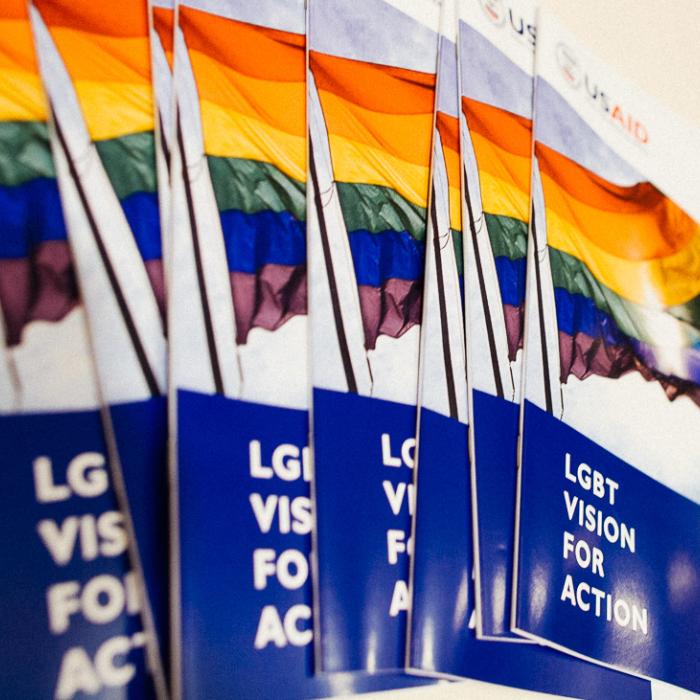The United States Agency for International Development (USAID) made history by unveiling its groundbreaking LGBTQI+ inclusive development policy. This transformative policy marks the agency’s dedication to promoting LGBTQ+ rights in its global initiatives. By fostering protection, inclusion, and human rights for LGBTQI+ individuals, USAID aims to create a world where they can lead a life of dignity, free from violence, discrimination, stigma, and criminalization.
Advancing Inclusion Through Local Leadership
The new policy emphasizes the importance of locally-led LGBTQ-inclusive development efforts, recognizing their significant impact on livelihoods, economies, and democracies. Acting as a blueprint, this policy will integrate queer individuals into the fabric of the agency’s on-the-ground work, promoting an equitable development approach.
Strategic Approaches for Inclusion
To achieve its mission, USAID is committed to utilizing programmatic approaches tailored to local contexts. The agency will leverage its development diplomacy to advocate for LGBTQ+ inclusion across its projects. Data-driven decision-making will sustain the agency’s commitment to LGBTQ-inclusive initiatives, while also bolstering its response to crises that disproportionately affect LGBTQ+ people.
Defining Inclusive Development
USAID’s vision of “inclusive development” is based on the principle that every individual and community, regardless of diverse identities and experiences, plays an instrumental role in transforming their societies.
USAID’s administrator, Samantha Power, underscored the significance of supporting LGBTQ+ rights within development work, particularly in the face of rising anti-democratic movements worldwide. She highlighted how attacks on marginalized groups, including LGBTQI+ communities, often serve as a warning sign of broader power consolidation away from the people.
With this historic LGBTQI+ inclusive development policy, USAID takes a momentous stride towards a more equitable and compassionate world for all.

